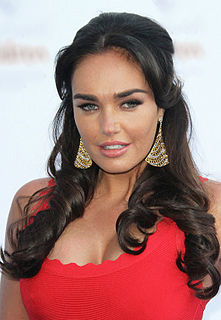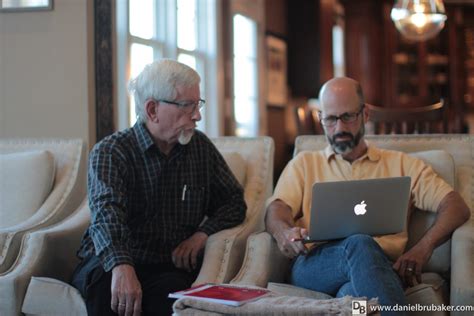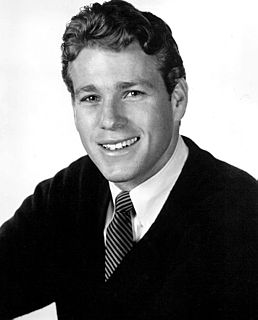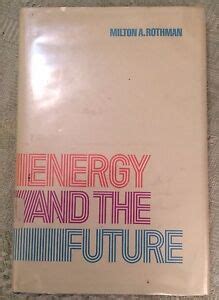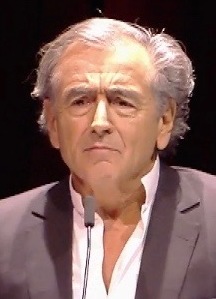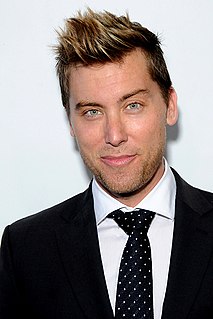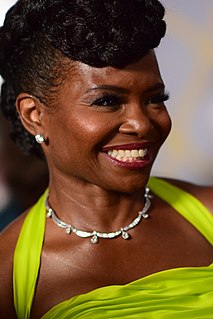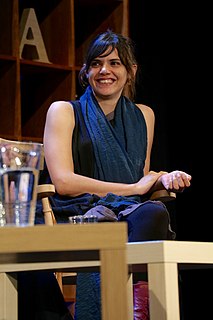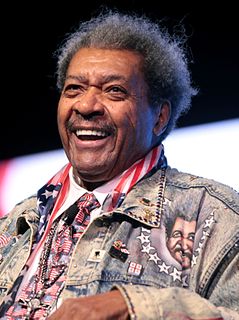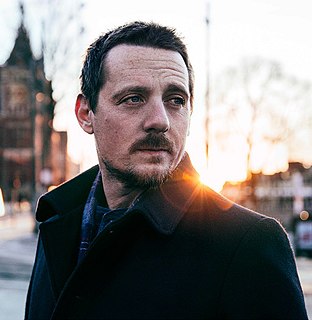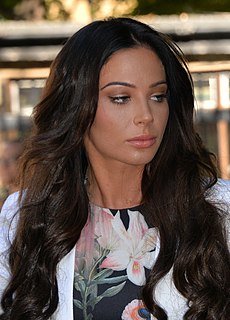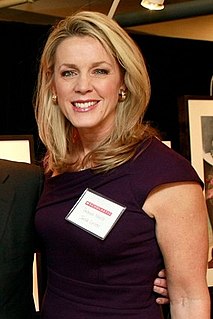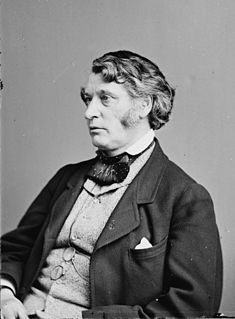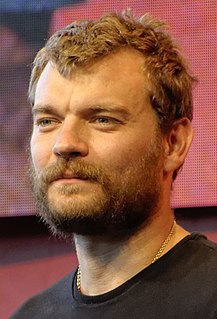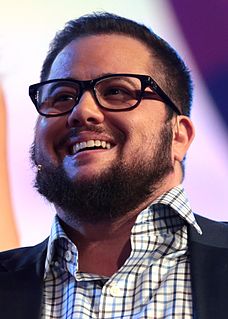Top 1200 Religious Texts Quotes & Sayings - Page 17
Explore popular Religious Texts quotes.
Last updated on December 19, 2024.
Criticism is above all a gift, an intuition, a matter of tact and flair; it cannot be taught or demonstrated--it is an art. Critical genius means an aptitude for discerning truth under appearances or in disguises which conceal it; for discovering it in spite of the errors of testimony, the frauds of tradition, the dust of time, the loss or alteration of texts. It is the sagacity of the hunter whom nothing deceives for long, and whom no ruse can throw off the trail.
In all the ages the Roman Church has owned slaves, bought and sold slaves, authorized and encouraged her children to trade in them. . . . There were the texts; there was no mistaking their meaning; . . . she was doing in all this thing what the Bible had mapped out for her to do. So unassailable was her position that in all the centuries she had no word to say against human slavery.
My idea is that the Koran is a kind of cocktail of texts that were not all understood even at the time of Muhammad. Many of them may even be a hundred years older than Islam itself. Even within Islamic traditions there is a huge body of contradictory information, including a significant Christian substrate; one can derive a whole Islamic anti-history from them if one wants.
I am not very impressed with theological arguments whatever they may be used to support. Such arguments have often been found unsatisfactory in the past. In the time of Galileo it was argued that the texts, 'And the sun stood still... and hasted not to go down about a whole day' (Joshua x. 13) and 'He laid the foundations of the earth, that it should not move at any time' (Psalm cv. 5) were an adequate refutation of the Copernican theory.
So many religions are there because so many people are unhappy. A happy person needs no religion; a happy person needs no temple, no church - because for a happy person the whole universe is a temple, the whole existence is a church. The happy person has nothing like religious activity because his whole life is religious.
If you trace the history of Islamist terrorism, you see that its founders were great admirers of European fascism. They read the texts of European fascism, they quoted them in speeches and letters. This is not from the Koran - the Koran doesn't teach you how to repress people; there's nothing in there about women having to cover their faces, there's certainly nothing about suicide bombing.
We're just a big media family. My mom is always sending us articles throughout the day. My husband now works at Facebook... so it's just a very high-paced media culture, our texts. It's links and photos, and all hours of the day, because my dad, my brother, and I are night owls, and my mom and my husband wake up early.
Cities have often been compared to language: you can read a city, it's said, as you read a book. But the metaphor can be inverted. The journeys we make during the reading of a book trace out, in some way, the private spaces we inhabit. There are texts that will always be our dead-end streets; fragments that will be bridges; words that will be like the scaffolding that protects fragile constructions.
Religion is a personal, private matter and parents, not public school officials, should decide their children's religious training. We should not have teacher-led prayers in public schools, and school officials should never favor one religion over another, or favor religion over no religion (or vice versa). I also believe that schools should not restrict students' religious liberties. The free exercise of faith is the fundamental right of every American, and that right doesn't stop at the schoolhouse door.
I guess I will say, going back to the Judaism questions, there are mental reflexes or patterns that I think of as Jewish in my own feelings about mysticism and theology.Franz Kafka is someone I very much revere. If I believed in holy texts I'd go to him as a touchstone. Not that I read Kafka all the time at this point. In a way, this is what I most want to talk about and it's the hardest to talk about.
Everyone accepts the abstraction of Bach. My work aspires to the same kind of abstraction, which is so engaging that you're distracted from asking about what it means. So many paintings have hidden meanings or need wall texts, but my work is not in that category. Once it's in the viewer's eyes my job will be judged on whether or not it is engaging and pulls you in to a kind of intelligence or poetic something going on there that makes it sustainable to look at.
I don't speak any languages well enough to make an expert assessment on writing in translation, but since I'm interested in awkwardness in prose, I find I like the way translated texts can sometimes acquire awkwardness in the process of translation. There's a discordance translation can create which I think is sometimes seen as a weakness but which I think can be a really interesting aspect of the text.
If I looked at some of these pieces as if this project was not spoken-word but just short anthology, I probably would have fussed with some of the sentences, you know? Syllabication and prosody and such crap. Because the printed word is etched in stone. But for reading purposes I accepted this book of texts in the manner in which I wrote them, no need to fuss. Most of the shorter stuff was written as poetry. Meaning lots of white space on the page.
Aesthetic value emanates from the struggle between texts: in the reader, in language, in the classroom, in arguments within a society. Aesthetic value rises out of memory, and so (as Nietzsche saw) out of pain, the pain of surrendering easier pleasures in favour of much more difficult ones ... successful literary works are achieved anxieties, not releases from anxieties.
There was no place in the land where the seeker could not find some small budding sign of pity for the slave. No place in all the land but one - the pulpit. It yielded last; it always does. It fought a strong and stubborn fight, and then did what it always does, joined the procession - at the tail end. Slavery fell. The slavery texts in the Bible remained; the practice changed; that was all.
It is important to note that multiculturalism does not share the postmodernist stance. Its passions are political; its assumptionsempirical; its conception of identities visceral. For it, there is no doubting that history is something that happened and that those happenings have left their mark within our collective consciousness. History for multiculturalists is not a succession of dissolving texts, but a tense tangle of past actions that have reshaped the landscape, distributed the nation's wealth, established boundaries, engendered prejudices, and unleashed energies.
I went to law school which is a 3-year program in the US that is focused primarily on memorizing certain doctrines and taking exams that test whether you can apply those doctrines to help prepare for the bar exam. If you are lucky, you get a few classes where you are encouraged to think more critically and read critical texts rather than just casebooks, and perhaps write a paper that is not a legal memo or brief.
A good person is one who follows the Ten Commandments and the golden rule. There is plenty of precedent in history to guide us and we probably evolved to be sensitive to Bible-Golden Rule situations. But the dilemmas faced by a worker - a journalist, an architect, an auditor - or by a citizen (what position to take on stem cell research, whether to run for office, what is the proper balance between taxation and social nets) - are not questions that can be answered by traditional texts or precedents.
It's pretty clear in how things are moving in empirically supported treatments that we're going to be speaking to the culture in a different voice. It's going to have some echoes of some of the deeper clinical and spiritual and religious traditions that had wisdom in it. If we're not going to get there through religious means and things of that kind, we're going to have to find a way to put it in the culture in a different way, because we need something right now other than yet another cable shoutcast or yet another Internet Web page showing us the cellulite on the actress's rear end.

